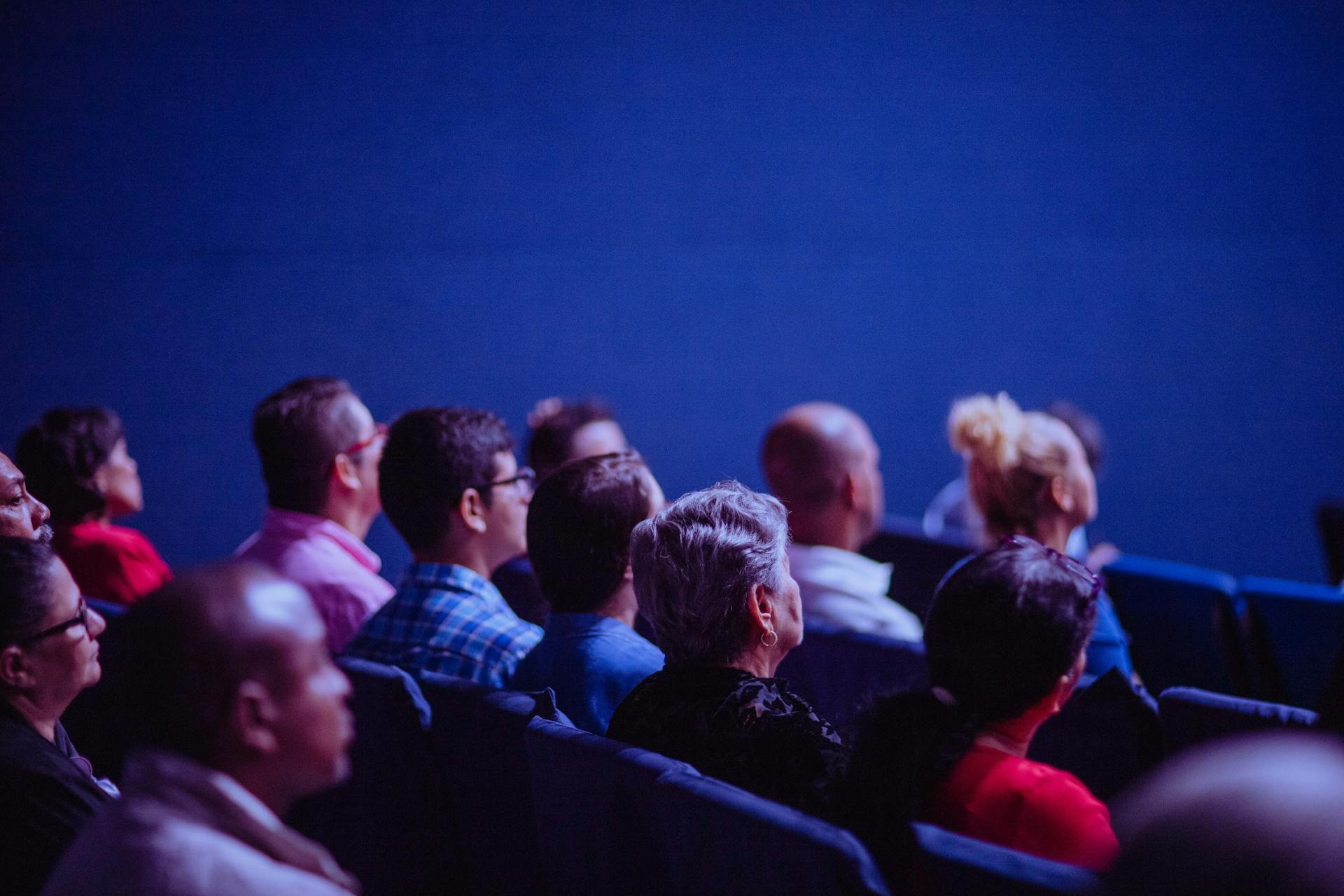B2B technology marketers are facing increased scrutiny on return on investment (ROI) alongside tighter budgets and elevated expectations as they plan for 2026, according to new research from market intelligence firm IDC.
A strategy that is now emerging as both highly impactful and measurable is the use of events. IDC’s latest Sponsor Survey provides marketing leaders with data on this shift and guidance on where to focus their efforts.
This is not simply a return to ‘events as usual’, the report notes, but a thorough reimagining based on quantifiable business outcomes.
The IDC 2026 Sponsor Survey polled 150 senior marketers across the US, UK, Germany, and Singapore.
In a climate where budgets are under pressure, the focus is squarely on measurable impact.
When it comes to key priorities, 67 per cent rank brand awareness as a top concern, while 53 per cent are focused on generating qualified leads.
Demonstrating the value of events in the sales cycle, more than 90 per cent say events deliver the most value in mid-to-late funnel stages.
The format of events is also changing, with hybrid models leading the way. Hybrid events were chosen by 57 per cent of marketers as their top format to prioritise in 2026.
This preference for hybrid reflects a demand for flexible, scalable, and inclusive experiences that can drive personalised engagement at scale.
Mirroring the strategic shift toward events, 58 per cent expect their event budgets to increase next year.
To prove the impact of their event strategies, marketers are aligning ROI with metrics specific to the sales funnel.
The top success metrics include cost per opportunity at 67 per cent, lead quality and conversion at 60 per cent, and deal influence in key accounts at 43 per cent.
However, the path to proving impact is not without its difficulties, with the top challenges being complex execution, noted by 52 per cent, and delivering personalised experiences, mentioned by 42 per cent.
The findings highlight that marketers are not only seeking impact, they need proof they can show upstream.
Marketers are also focused on choosing strategic ecosystems, not just events themselves, the IDC survey reveals.
A strong alignment exists between what drives event investment and what defines a valuable partner.
Driving investment in third-party events is high-quality lead generation, at 67 per cent.
Credibility through association with analysts or peers is also a significant motivator at 63 per cent, followed by expansion into new accounts or buying centres at 47 per cent.
The report mentioned that these motivators indicate marketers want more than just visibility; they want validation and velocity.
It added that events must open doors, fast-track trust, and spark meaningful conversations.
When selecting event partners, the most important defining characteristics are the price-to-value ratio, chosen by 84 per cent, and a high-calibre audience including seniority and budget influence, selected by 69 per cent.
Personalisation is valued by 66 per cent, fast execution and support by 54 per cent, lead-to-pipeline conversion performance by 53 per cent, and custom targeting options by 51 per cent.
The relevance of event content is vital to success, IDC said, adding that marketers are placing increasing emphasis on partners who provide audience precision and content backed by analysts.
A significant 91 per cent say independent, analyst-led content is critical to event success.
Trusted insight helps to build trust throughout every stage of engagement before, during, and after the event.
The key takeaway is that price-to-value, audience quality, and credible content are the top criteria when selecting event partners.
IDC said that events are no longer standalone experiences, but are central pillars in a broader B2B growth strategy.
When backed by trusted technology intelligence, the correct formats, and analyst-led content, events can help marketing teams achieve every metric that matters.






Click here to change your cookie preferences